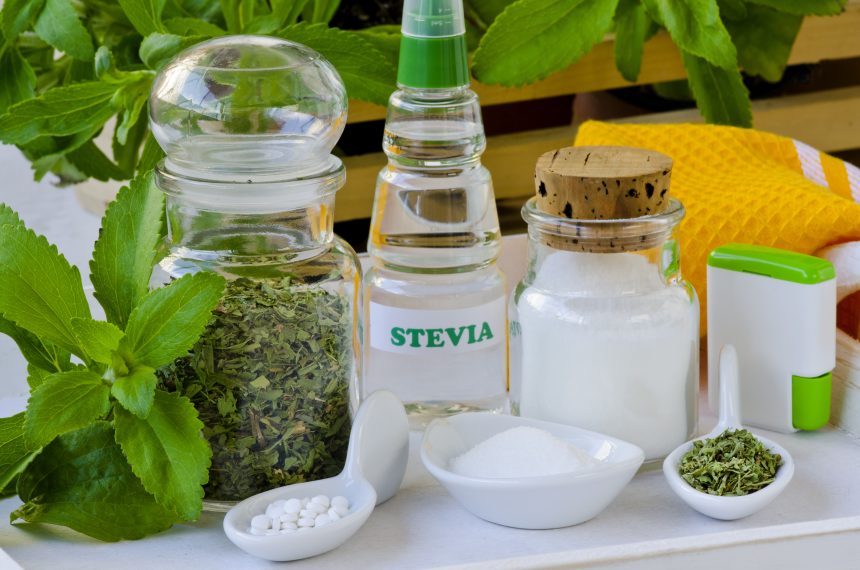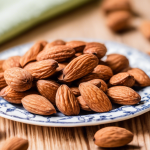In today’s health-conscious world, the quest to satisfy sweet cravings without the caloric burden and health detriments of sugar has led to the rise of sugar substitutes. These alternatives, spanning from nature-derived to lab-concocted options, present a spectrum of choices for those aiming to dial down their sugar consumption without forsaking the pleasure of sweetness.
Decoding the Spectrum of Sugar Substitutes
Sugar substitutes serve the sweetening purpose in our diets sans the use of conventional sugar. They fall into diverse categories, each with its character and health implications: artificial sweeteners, sugar alcohols, and natural sweeteners, distinguishing themselves by their source, sweetness intensity, and caloric contribution.
The Synthetic Sweet: Artificial Sweeteners
Entities like aspartame, sucralose, and saccharin, synthesized for a sugar-like sweetness minus calories, cater to weight control and diabetic diets. Despite their allure for not spiking blood sugar or causing cavities, debates over their safety and potential health impacts linger, urging a cautious approach to their consumption.
The Middle Ground: Sugar Alcohols
Sugar alcohols such as xylitol, erythritol, and sorbitol offer a compromise, cutting calories from sugar by about half. Their glycemic impact is less pronounced, yet their propensity to stir digestive unrest in sensitive individuals limits their unchecked use.
The Gift of Nature: Natural Sweeteners
Stevia, monk fruit extract, and honey, gifts from nature’s bounty, present varying caloric and glycemic profiles. Stevia and monk fruit stand out for their zero-calorie sweetness that doesn’t spike blood glucose, contrasting with honey’s natural sugars and calories, which mirror those of sugar.
Weighing the Sweet Benefits Against the Bitter Truths
Sugar substitutes can curb caloric intake and sidestep the dental and metabolic repercussions linked to high sugar consumption, offering a boon for diabetic individuals by broadening their dietary sweetness sources. However, the shadow of health concerns looms over some artificial sweeteners based on animal research, while natural sweeteners, despite their appeal, are not a carte blanche for boundless indulgence.
The Art of Sweet Selection
The choice of a sugar substitute should align with personal health objectives, dietary constraints, and flavor preferences. Label diligence, an understanding of sweetener attributes, and consideration for any health conditions are paramount in making an informed selection.
For culinary adventurers seeking to replace sugar in recipes, options like erythritol and xylitol can mimic sugar’s role closely, whereas potent sweeteners such as stevia necessitate recipe recalibration due to their intensified sweetness.
In Summary
The realm of sugar substitutes offers a path to enjoying sweetness sans the negatives of high sugar intake. Whether managing diabetes, maintaining weight, or simply cutting down on sugar, there exists a suitable sugar alternative. Yet, the essence of a healthy diet lies in moderation and balance, ensuring that these sweet solutions are part of a comprehensive, nutrient-rich dietary pattern.








